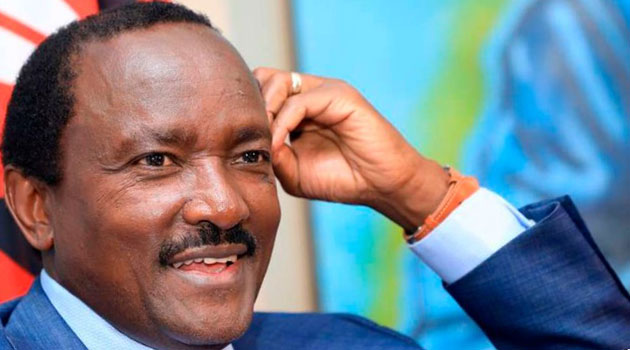
Raila had to change his phone number, Gen Z put it everywhere
NAIROBI, Kenya, Jul 11 – Wiper party Leader Kalonzo Musyoka has revealed that Azimio boss Raila Odinga was forced to change his number owing to numerous messages and calls spammed on his phone by the Gen z.
Kalonzo who spoke during an event at the Kenya School of Government disclosed that the youths called Odinga to express their displeasure with his position on the planned multi-sectoral talks.
”People went to visit him yesterday on the space and when they visited baba, he had to change his telephone number because the Gen-Z put his number everywhere,” said Kalonzo.
On Tuesday, following a meeting with the head of state, Odinga announced his participation in a multi-sectoral forum aimed at addressing concerns raised by Gen-Z in the wake of anti-government demonstrations across the country.
“I am happy to confirm that we have had consultations and we have agreed that dialogue is the way forward out of the crisis we are having today in our country,” Odinga stated.
This would however not sit well with the youths who called him out in what they termed as betrayal.
He would later change his stance announcing that he will not pursue a handshake with President William Ruto following backlash from Kenya’s youths, particularly the Gen-Z generation.
In a post on his X account, Odinga said that he had been briefed by lawmakers, including Nairobi Senator Edwin Sifuna, that the youths were opposed to his plan for a multi-sectoral engagement with the president.
“I have been told by these leaders that you said you don’t want a handshake. The message has reached,” read the post by Odinga, after GenZ trolled him on social media for always signing deals with ruling parties for his own benefit whenever there’s a crisis.
President Ruto had announced a six-day multi-sectoral convention, set to kick off on Monday. He stated that the forum would include 150 members, with 50 being youth, and 100 drawn from religious institutions, civil society, professional organizations, political parties, and other stakeholders.
